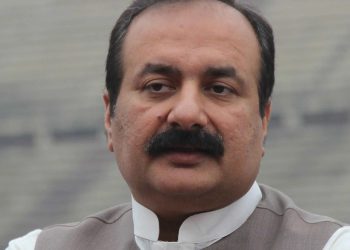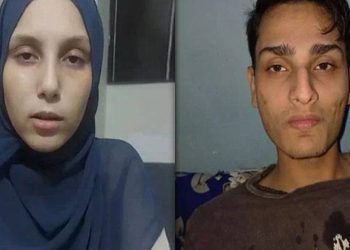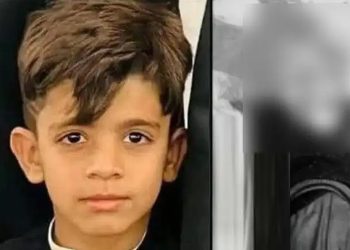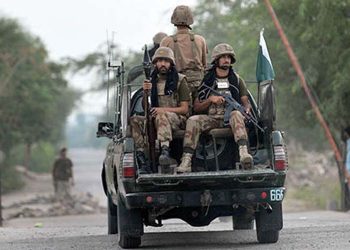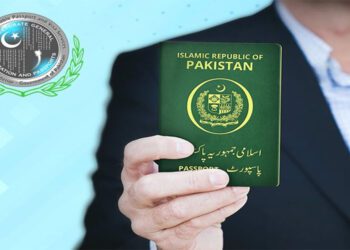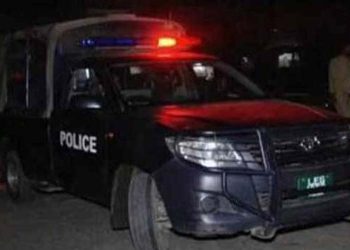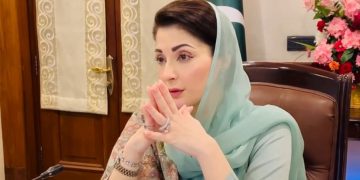It is almost an understatement to say that Pakistan is one of the most dangerous countries for journalists, a reality grimly highlighted by the frequent murders of media professionals. On Wednesday, senior journalist Khalil Jibran became the sixth Pakistani journalist murdered this year. He was shot near his residence in Landi Kotal town, Khyber Pakhtunkhwa, while returning home.
Jibran was ambushed by unidentified assailants on a motorcycle as he headed home with his friend, Sajjad Advocate, according to DPO Abbas. Last month, another journalist, Nasrullah Gadani of a Sindhi newspaper, was attacked by unknown motorcycle-riding assailants near Korai Goth, 12 kilometers from Mirpur Mathelo, leaving him critically injured on May 21. Gadani succumbed to his injuries in a Karachi hospital on May 24. That same day, Kamran Dawar, a journalist from North Waziristan district in Khyber Pakhtunkhwa, was killed by unidentified assailants in front of his home in Tappi village.
Earlier in May, journalists Ashfaq Ahmad Sial and Muhammad Siddique Mengal were killed in separate incidents in Pakistan’s Punjab and Baluchistan provinces. Moreover, Muhammad Siddique Mengal (Balochistan), Ishfaq Sial (Punjab), and Jam Saghir Ahmad Lar (Punjab) were also killed earlier this year.
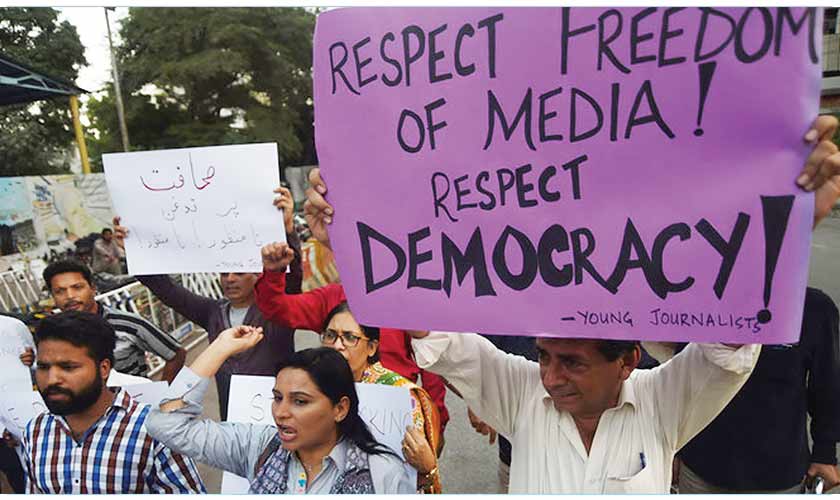
Why do journalists feel threatened in Pakistan?
Reporters Without Borders ranks Pakistan 152nd out of 180 countries, identifying it as one of the most dangerous places for journalists. Since 1992, 64 journalists have been killed in connection with their work in Pakistan. The country ranked 11th on CPJ’s 2023 Global Impunity Index, which measures how often the killers of journalists go unpunished. Pakistan has consistently appeared on this index since its inception.
Journalists face acute security risks, intimidation, state repression, and severe financial challenges, prompting many to leave the country. A culture of fear and self-censorship has taken root, restricting coverage of critical issues like human rights violations, corruption, and political repression.
The dire state of press freedom in Pakistan necessitates urgent action to protect and support journalists and civil society activists. Despite constitutional guarantees of freedom of speech, expression, and the press, legal and institutional barriers often prevent journalists from performing their duties. Abductions, assaults, harassment, arbitrary arrests, and even killings of journalists are on the rise. Pakistani authorities have also increased pressure on editors and media owners to silence critical voices.
A 2023 report from Freedom Network, an Islamabad-based civil liberties organization, highlighted these concerns, noting a more than 60% increase in threats and attacks against journalists over the past year.








